

Since 2018, ShotSpotter has built a network of thousands of gunshot-detection sensors across 12 of Chicago’s 22 police districts. The devices detect loud noises that a computer algorithm and human analysts review to determine if they’re gunshots and dispatch police to scenes of shootings. The technology is controversial: studies have raised questions about its efficacy, and activists who say it harms Black and Brown communities have called on the City to cancel ShotSpotter’s contract for years.
Our investigation combined leaked company emails, public-records requests, interviews, on-the-ground reporting, and data analysis. We found that the Chicago police reported hundreds of missed shootings to ShotSpotter, including a 55-round shooting that left two men critically wounded. We also uncovered ShotSpotter executives’ internal discussions about their inability to repair broken sensors in Chicago and found they were warned repeatedly about electrical code violations.
We found ShotSpotter sensors in police districts the City hadn’t previously acknowledged them being in, and revealed that the company has continued collecting gunshot data in cities after contracts were canceled. And we showed how ShotSpotter and its allies in the police department and City Council worked behind the scenes to try to keep it.
one: Missed shots
ShotSpotter’s contract in Chicago required the company to detect at least 90% of outdoor gunfire in 12 police districts. An analysis of public data by the Weekly and Type Investigations found that since January 2023, ShotSpotter never met that threshold for reported shootings. And while CPD has publicly claimed ShotSpotter is upwards of 95% accurate, a departmental analysis obtained by FOIA request showed ShotSpotter detected about 80% of fatal and nonfatal shootings over a recent 20-month period.
In 2022, two men were critically wounded in a hail of bullets in Back of the Yards. The next day, a Public Safety Administration director complained to a ShotSpotter executive that the company’s senors failed to detect the shooting. Internal company emails show ShotSpotter executives blamed the miss on three downed sensors in the vicinity, didn’t know when the company would be able to repair them—and said they could not admit that to city officials. Data we obtained from CPD shows the department reported hundreds of similarly missed shootings to ShotSpotter in 2023.
two: Secret Sensors
In 2019, the French billboard company JCDecaux asked ShotSpotter to monitor the areas around several electronic billboards it claimed had been shot at in police districts on the far Northwest Side. With CPD’s blessing, ShotSpotter quietly installed its sensors around the billboards, which are in neighborhoods that have some of the lowest levels of gun violence in Chicago. Before our investigation, neither the City nor ShotSpotter had publicly acknowledged these neighborhoods had sensors in them.
Several cities, such as Dayton, San Diego, and San Antonio have canceled ShotSpotter contracts, and Mayor Brandon Johnson is attempting to cancel Chicago’s contract as well. But internal company emails we obtained show that in some cities where contracts were canceled, ShotSpotter quietly kept its sensors listening—and even provided surveillance information to police.
three: city hall
The Mayor’s office convened public safety officials, community stakeholders and activists to research and recommend alternatives to ShotSpotter. Documents from the Alternative Gunshot Detection Working Group’s meetings show that they recommended a set of “values” to guide putting out a Request for Information on gunshot-detection tech, and said the City should keep ShotSpotter until a replacement could be found.
After Johnson was elected, ShotSpotter CEO Ralph Clark issued a public statement congratulating him. That same day, Clark sent an email to employees that blamed the company’s share price drop on Johnson’s victory and said executives planned to lobby support for renewing the contract. Emails obtained from the Mayor’s Office reveal how that lobbying effort played out—and show executives met with a mayoral advisor days before the 2024 budget vote in City Council.
After Mayor Johnson announced he wouldn’t renew ShotSpotter’s contract, City Council members launched a bid to force him to keep it in their wards. As part of that effort, they commissioned a CPD report that compared police response times to ShotSpotter and 911 to bolster their case. We obtained the report via a public-records request and revealed that a footnote in it admitted its underlying data was inaccurate.


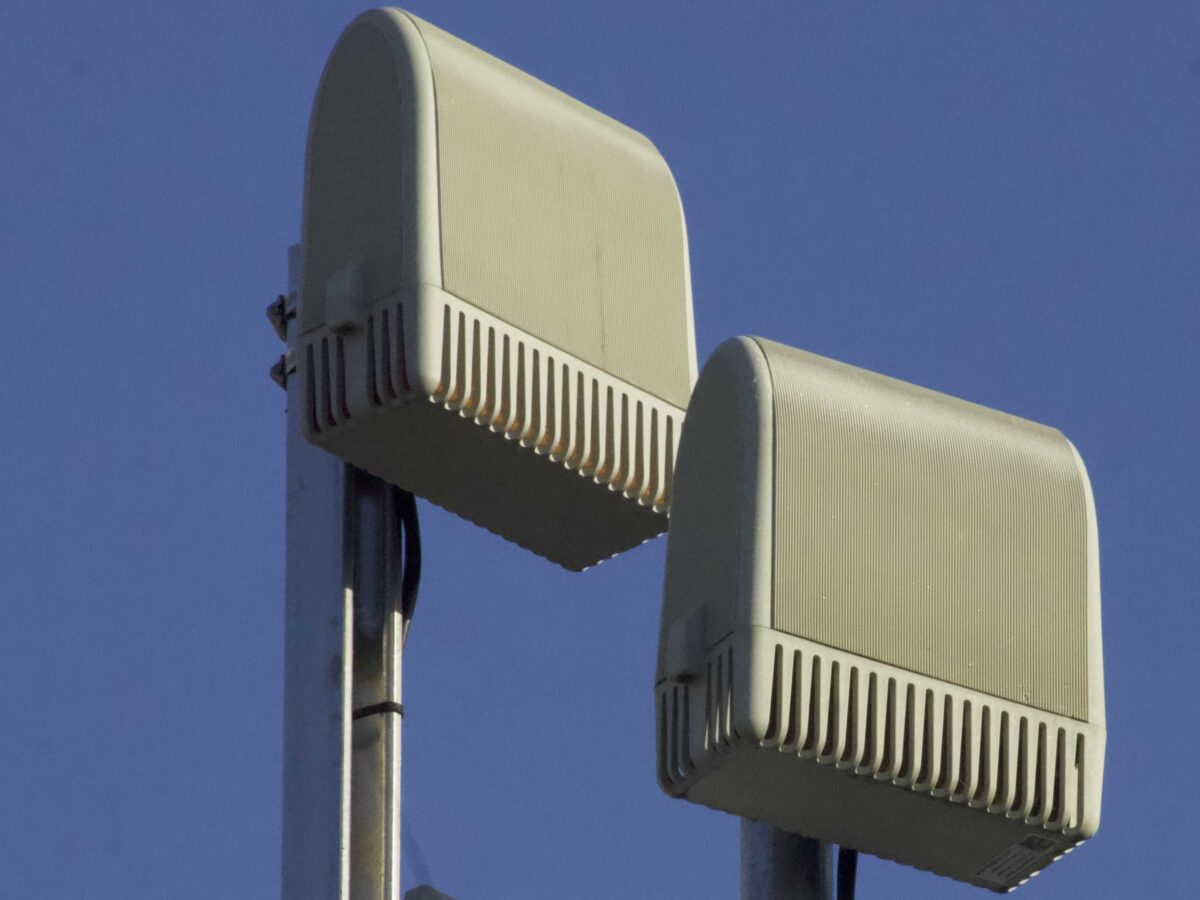
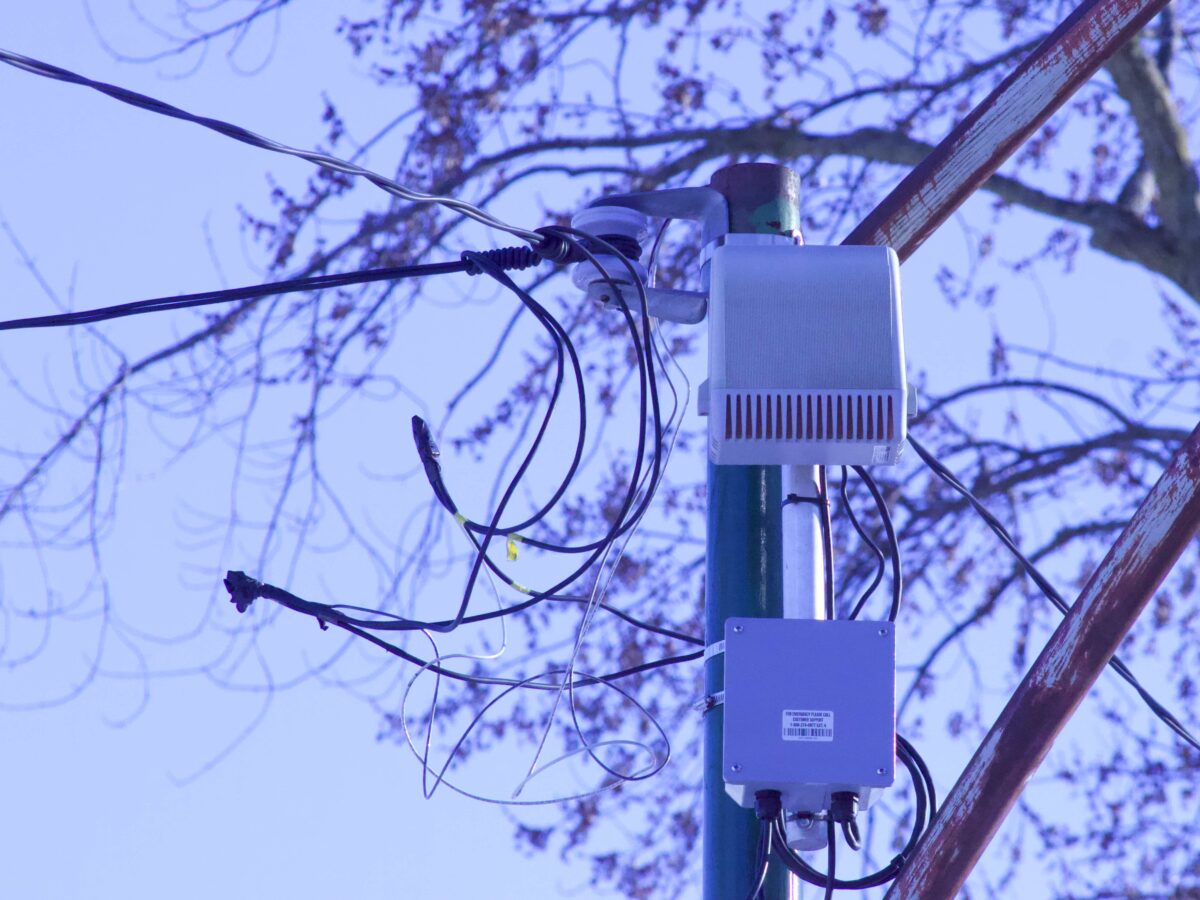
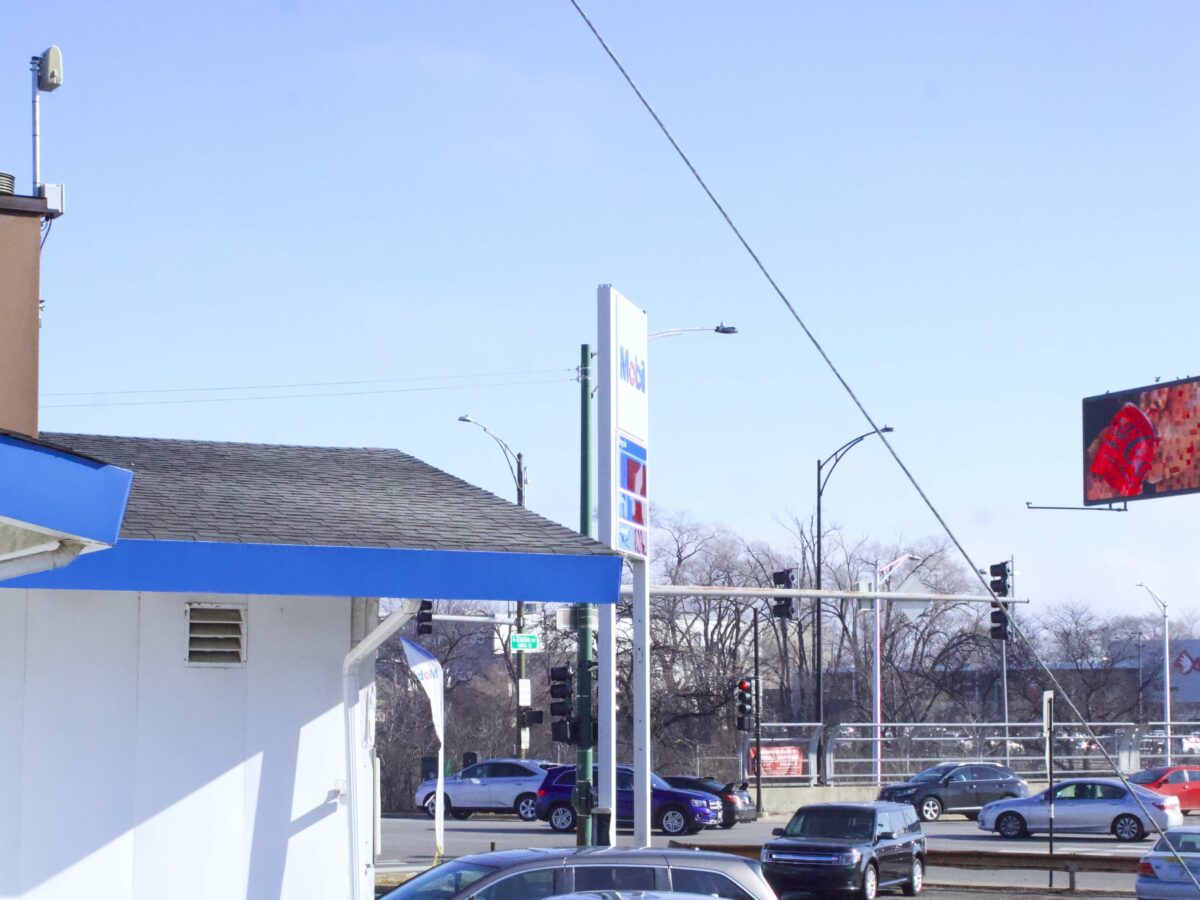
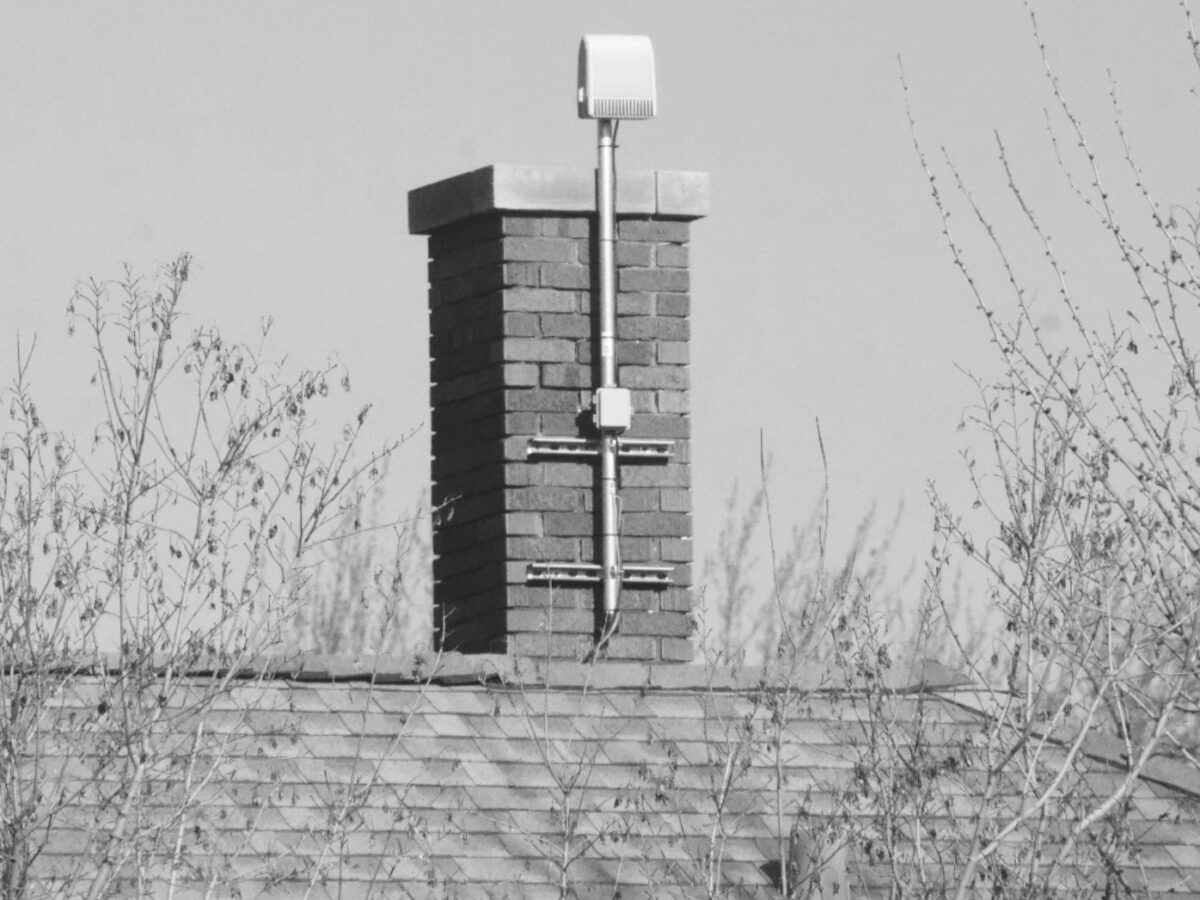
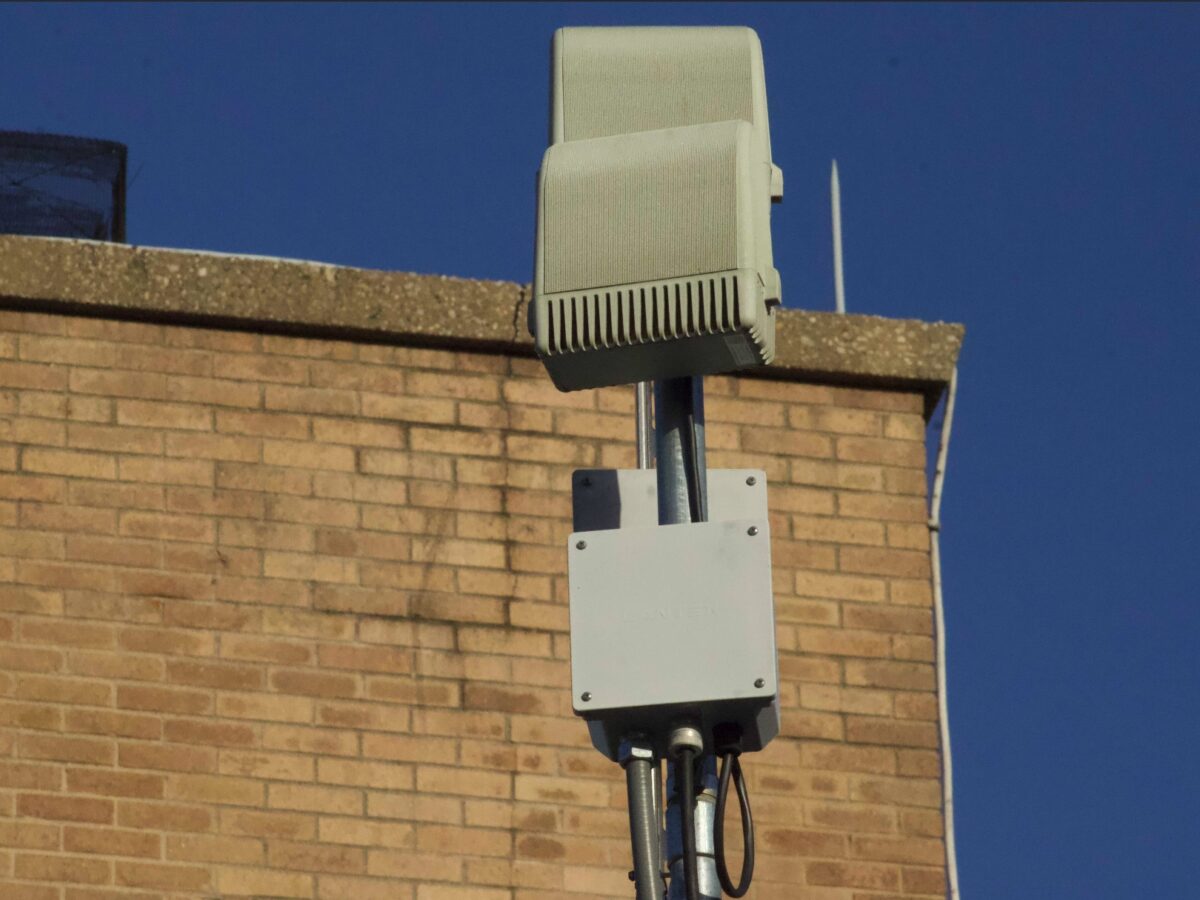
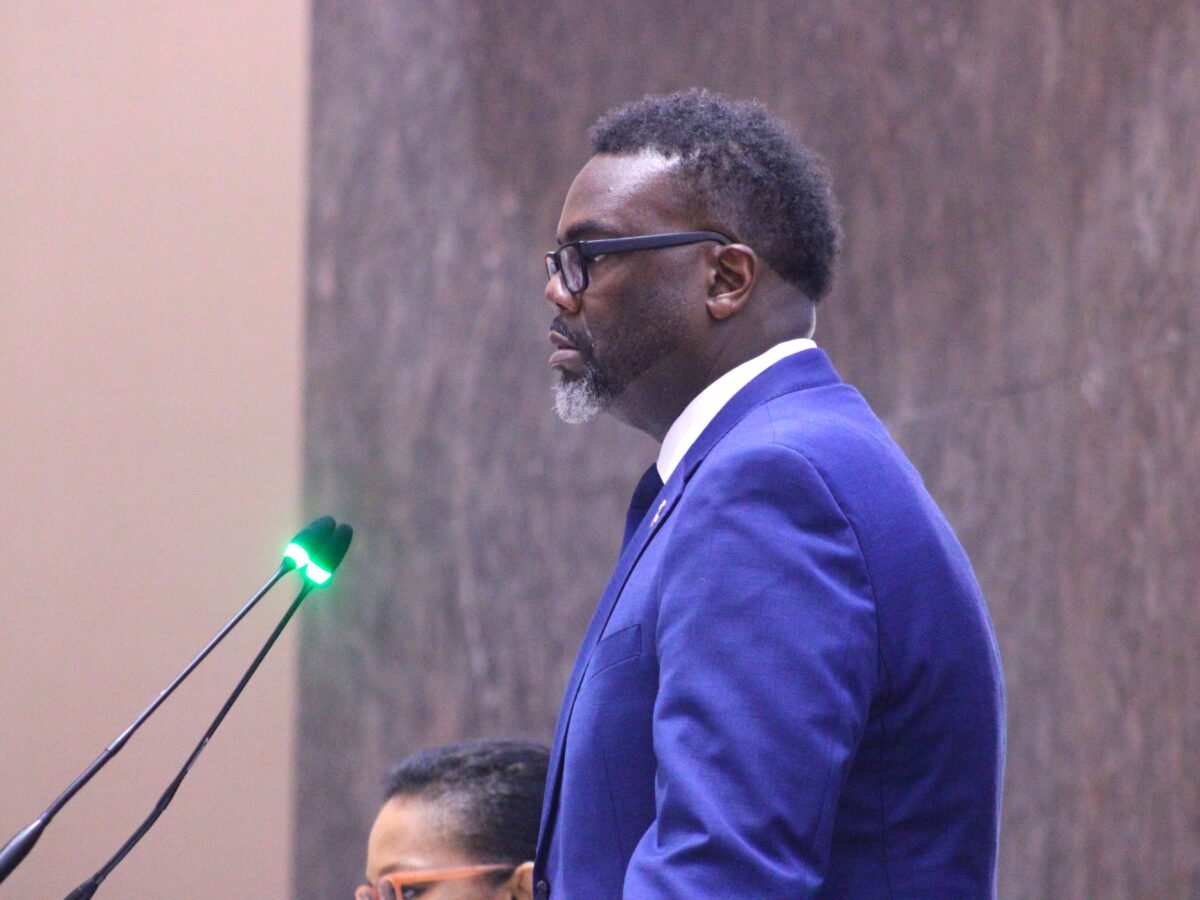
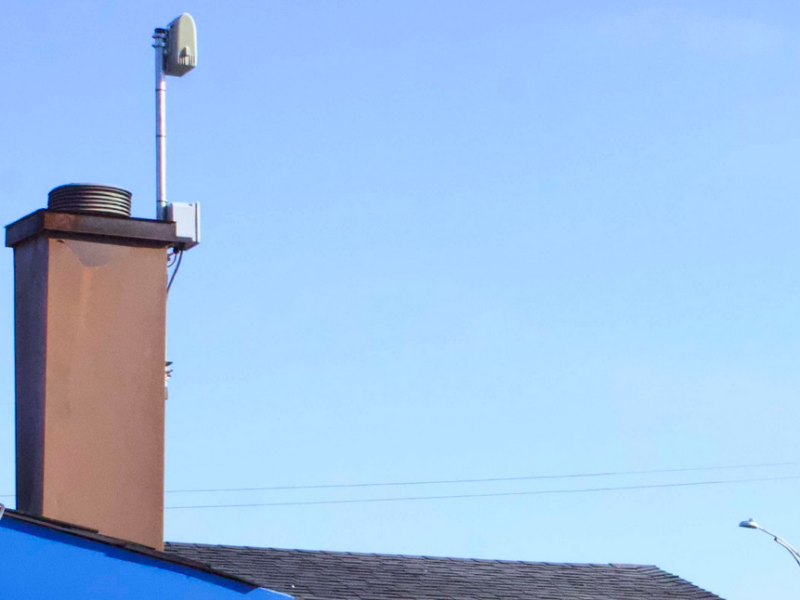

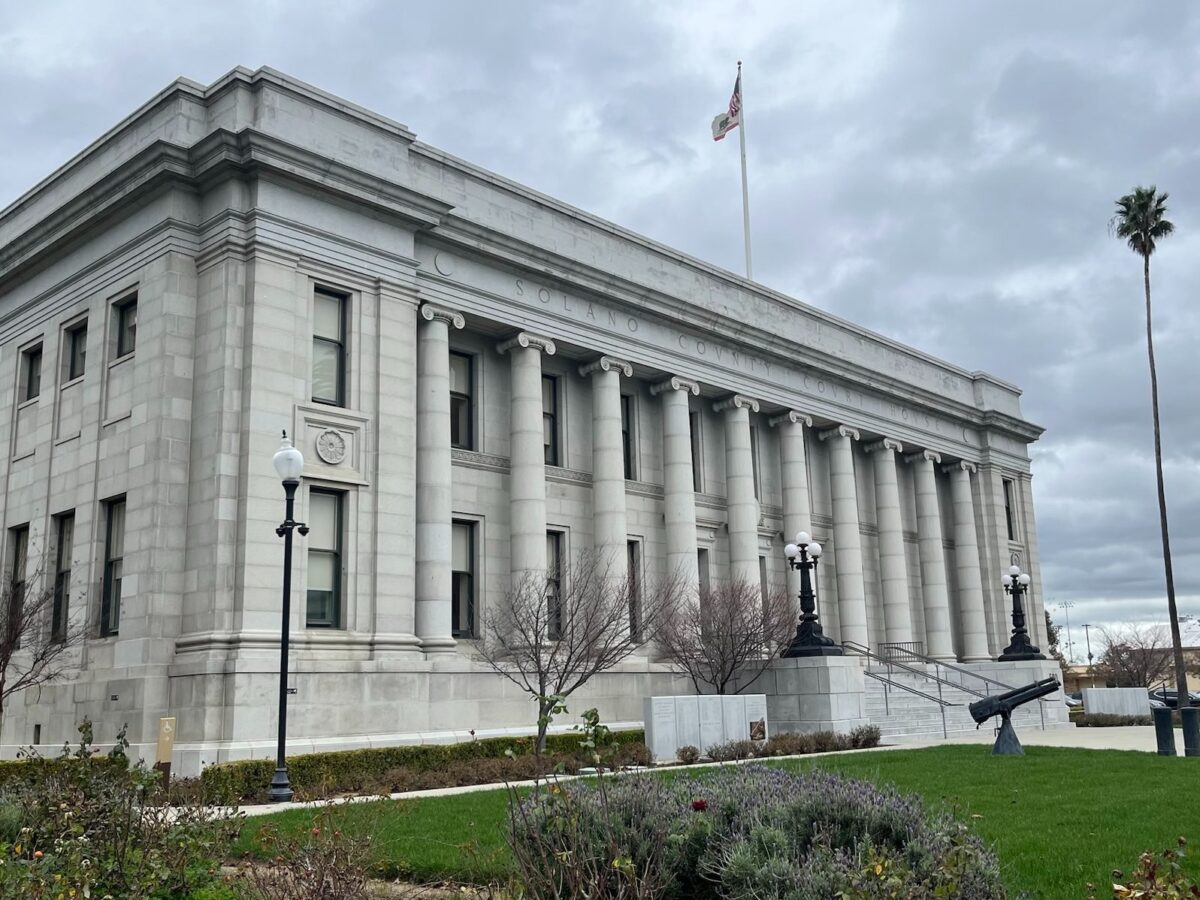
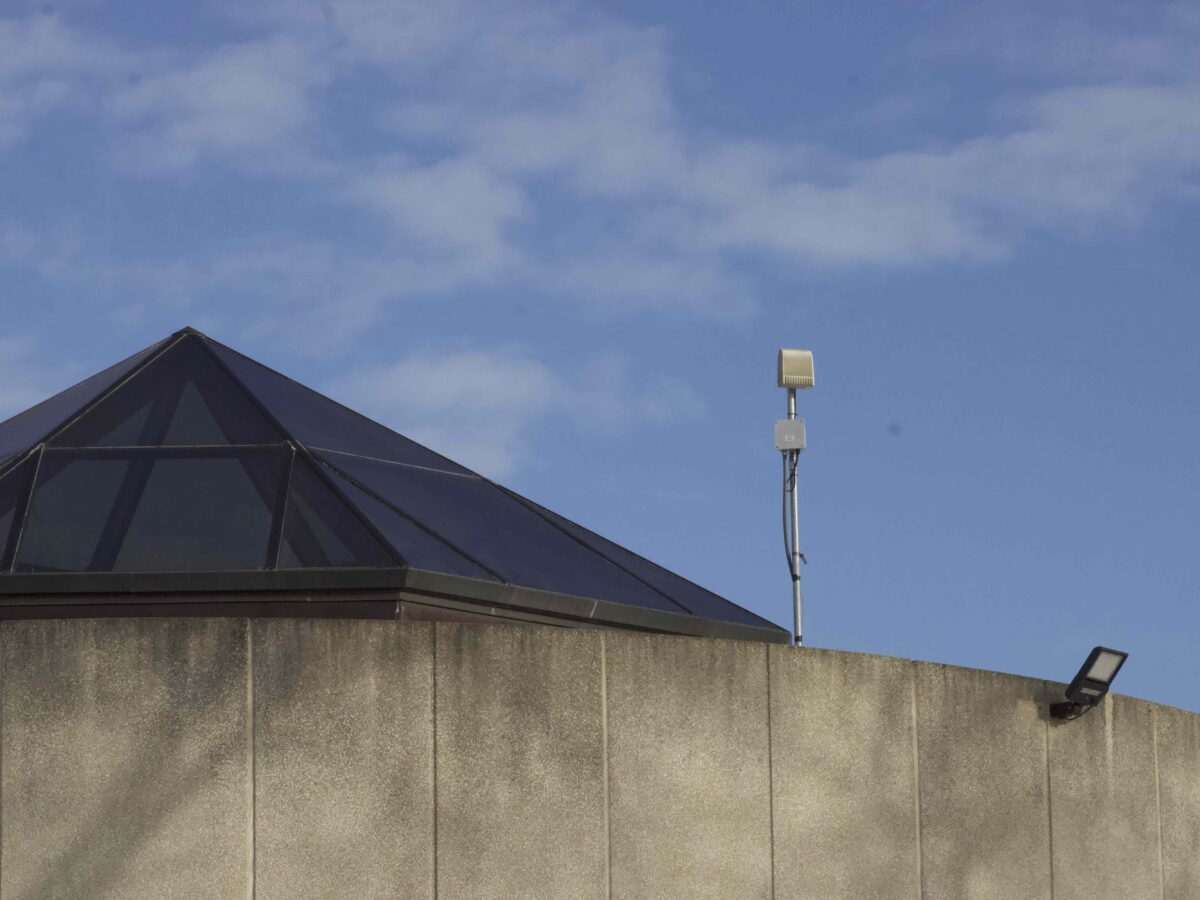
Corporations run the United States and now I see they run the city of Chicago as well.